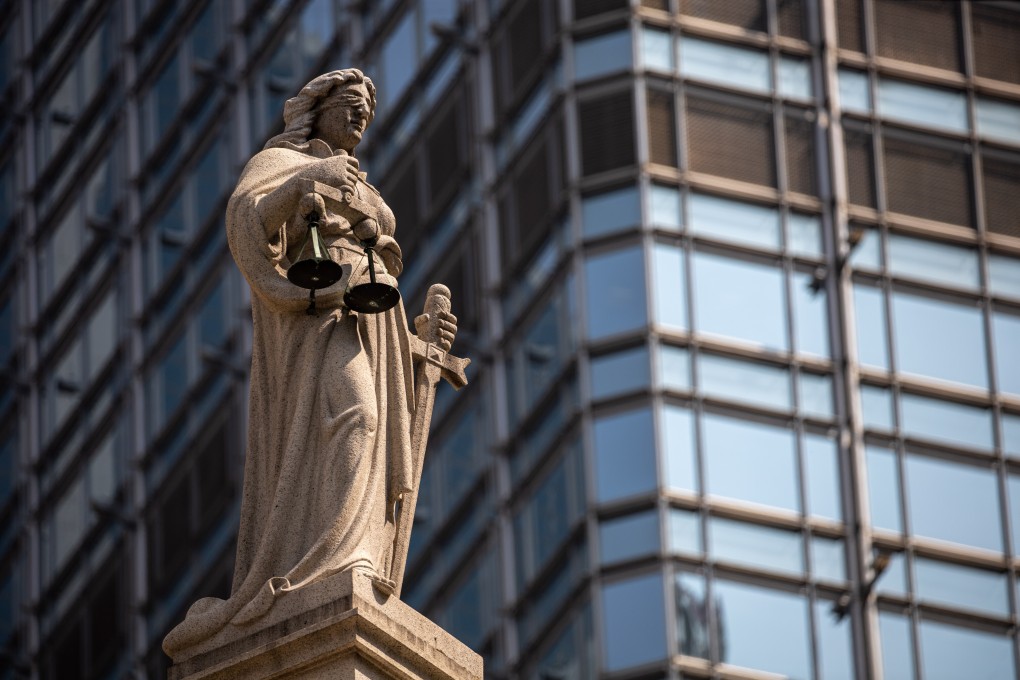Opinion | How the national security law strikes at the heart of Hong Kong’s judicial independence
- Official assurances of judicial independence ring hollow when the chief executive and justice secretary have overlapping and conflicting roles in the designation of a pool of judges and prosecution of national security cases

It provides that, along with the executive and the legislature, the “judiciary of the Region shall effectively prevent, suppress and impose punishment for any act or activity endangering national security in accordance with this law and other relevant laws” (Article 3).
This command is reconfirmed where, to safeguard national security effectively, Hong Kong’s judicial authorities “shall fully enforce” the national security law and the city’s laws for acts endangering national security (Article 8). The national security law’s orders to the judiciary could not be clearer.

03:25
Hong Kong police arrest 10 under new national security law
Unlike the chief executive’s appointment of judges to courts based on their judicial and professional qualities, and in accordance with a transparent, legal procedure, the chief executive’s criteria for designating judges is opaque.
